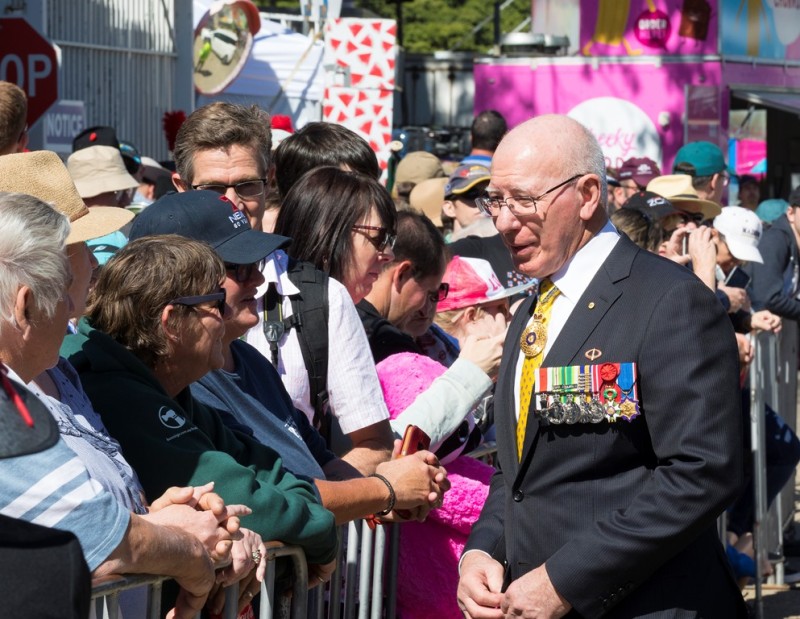Can the Governor-General refuse to act on the advice of the Prime Minister and other ministers?
Thanks for your question Lee.
The Governor-General usually acts on the advice of the Prime Minister and other ministers, but the Australian Constitution gives the Governor-General power to act independently. These powers help ensure Australia is governed by the rules set out in the Constitution.
In special circumstances, the Governor-General could use their ‘reserve powers’ and act against the advice of the government. These powers are not included in the Constitution but come from the authority of the King who the Governor-General represents. The only guide to these powers is convention – tradition. This means there is debate about what these powers are and when they can be used.
The reserve powers have only been used a handful of times. For example, in 1909 Governor-General William Humble Ward refused to agree to hold an election after the government lost the support of the majority of members in the House of Representatives. Instead, he commissioned Alfred Deakin as Prime Minister and asked him to form a coalition government.
The Governor-General engaging in ceremonial duties.

Office of the Governor-General
Description
The Governor-General, wearing a suit and medals on the left side of his chest, talks to people in a crowd.